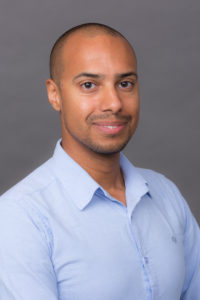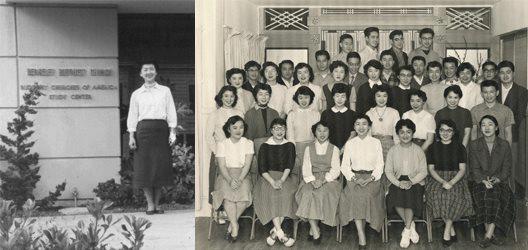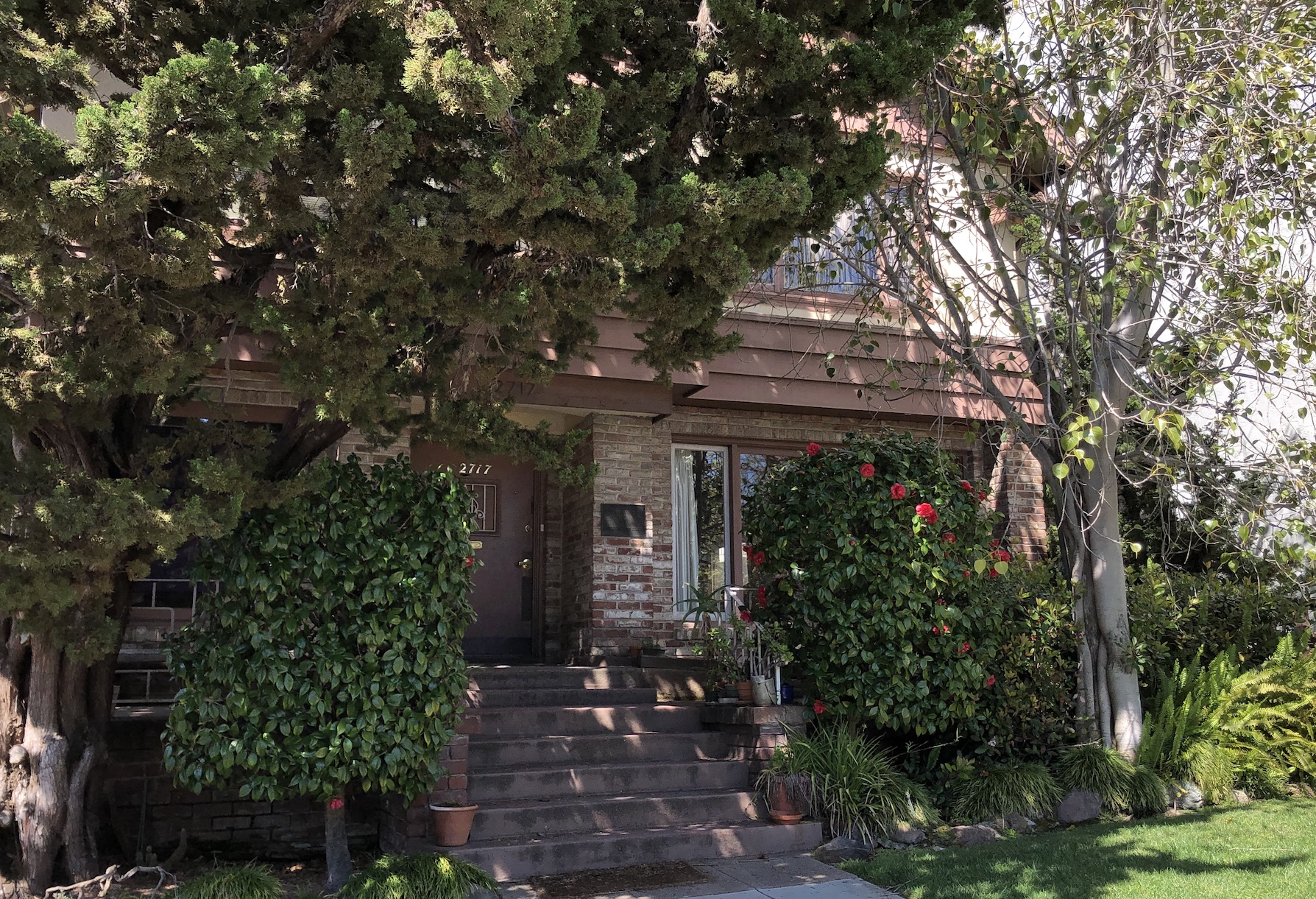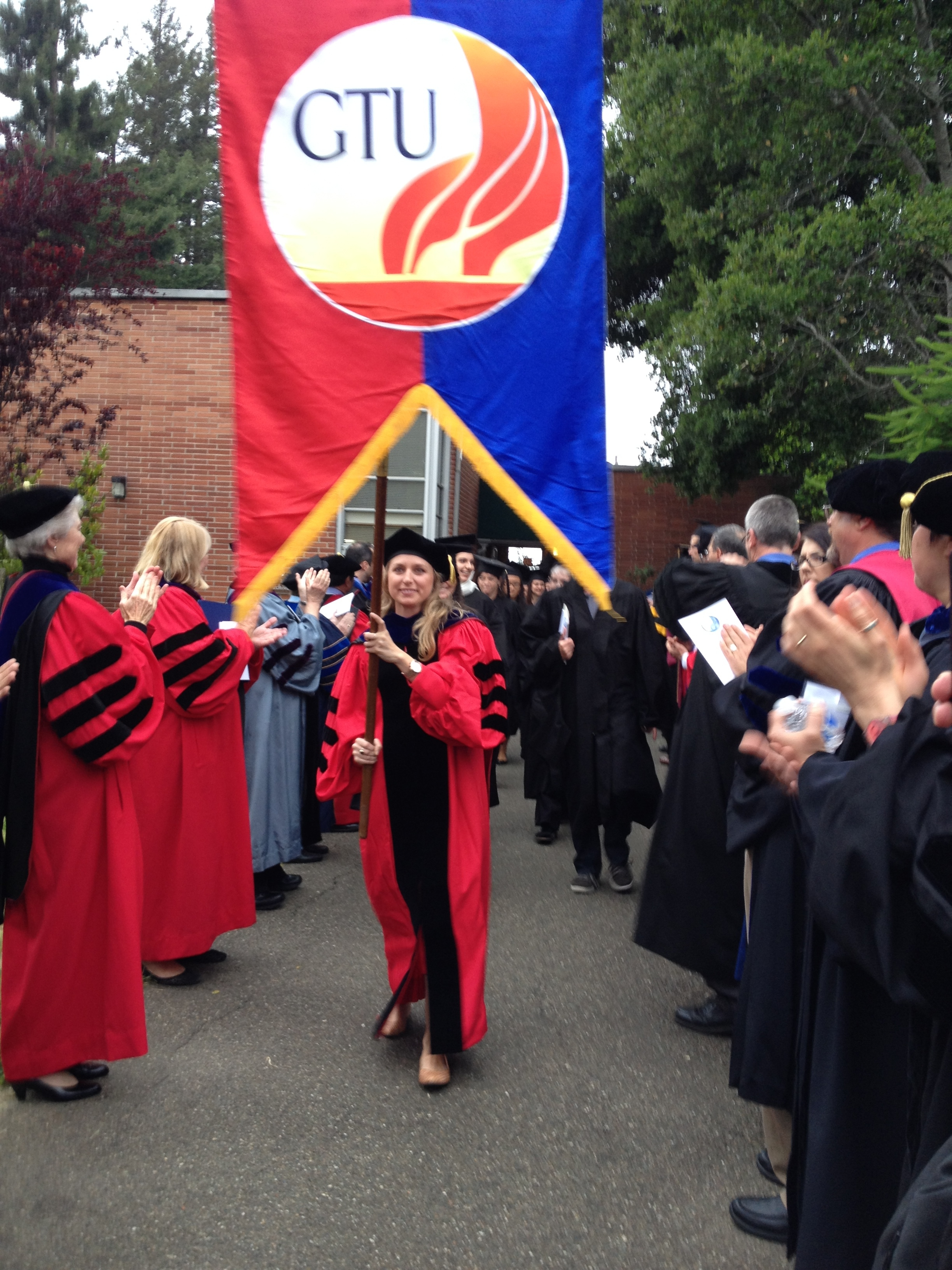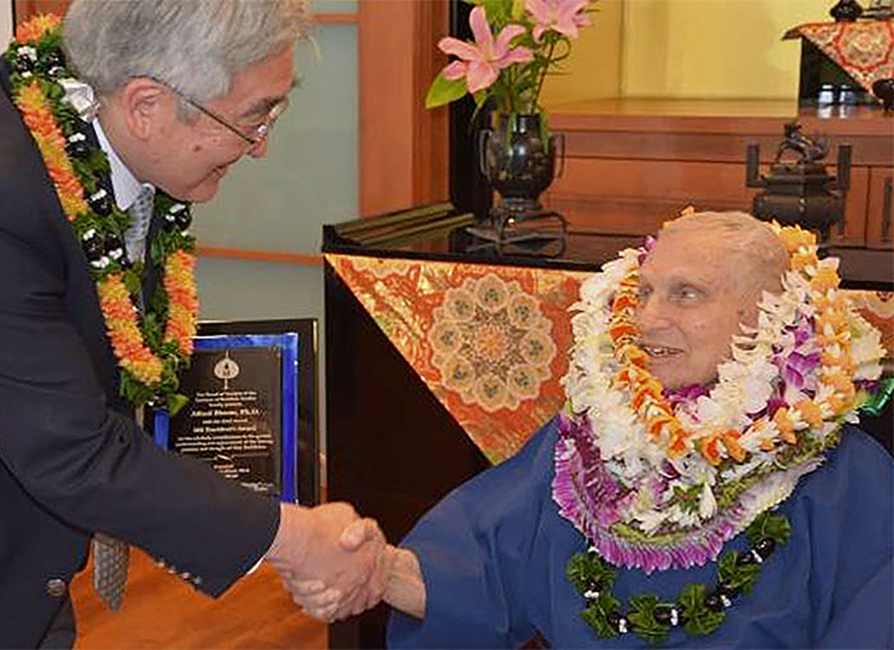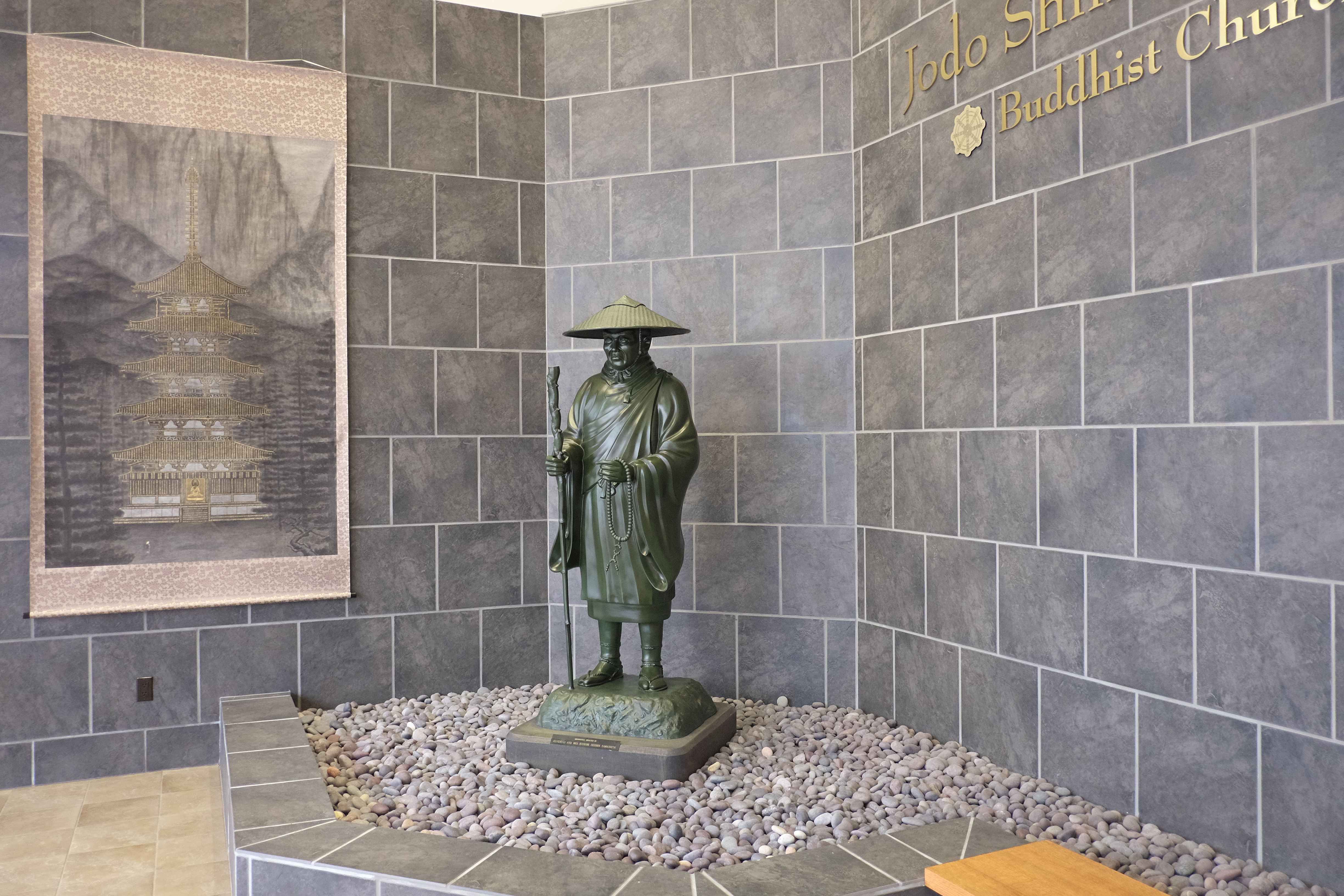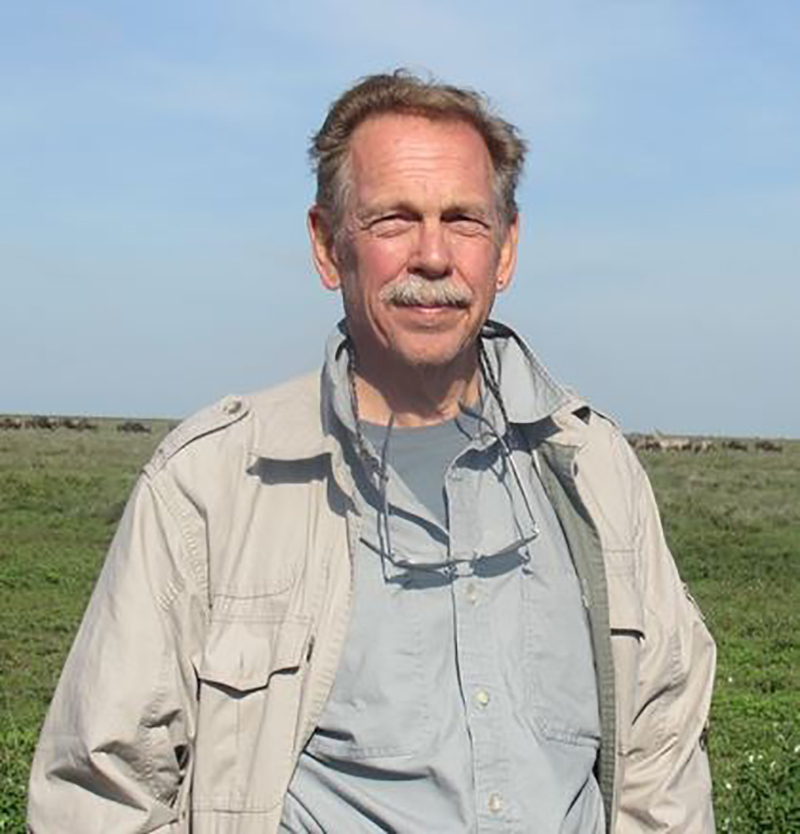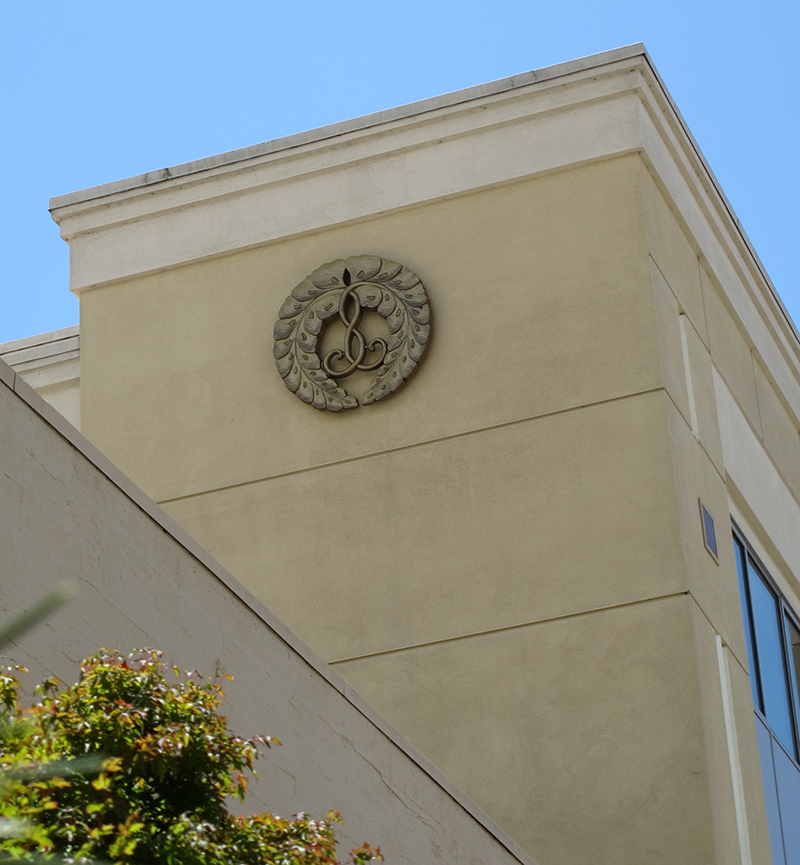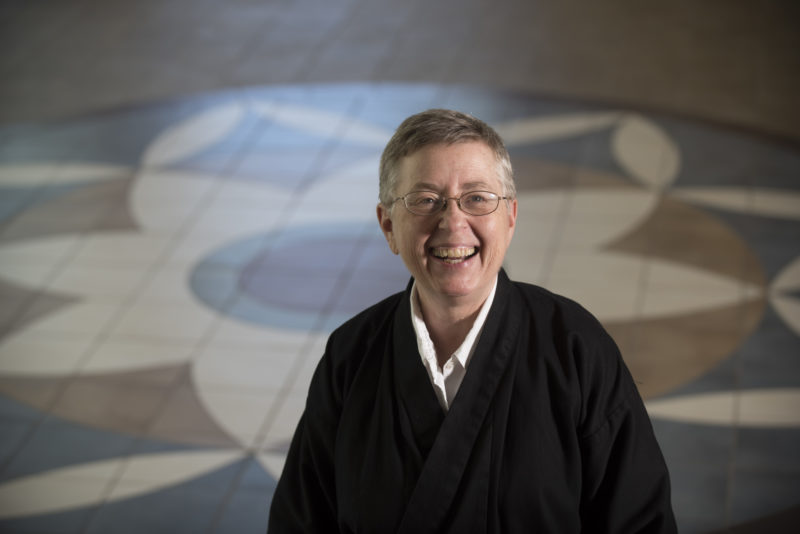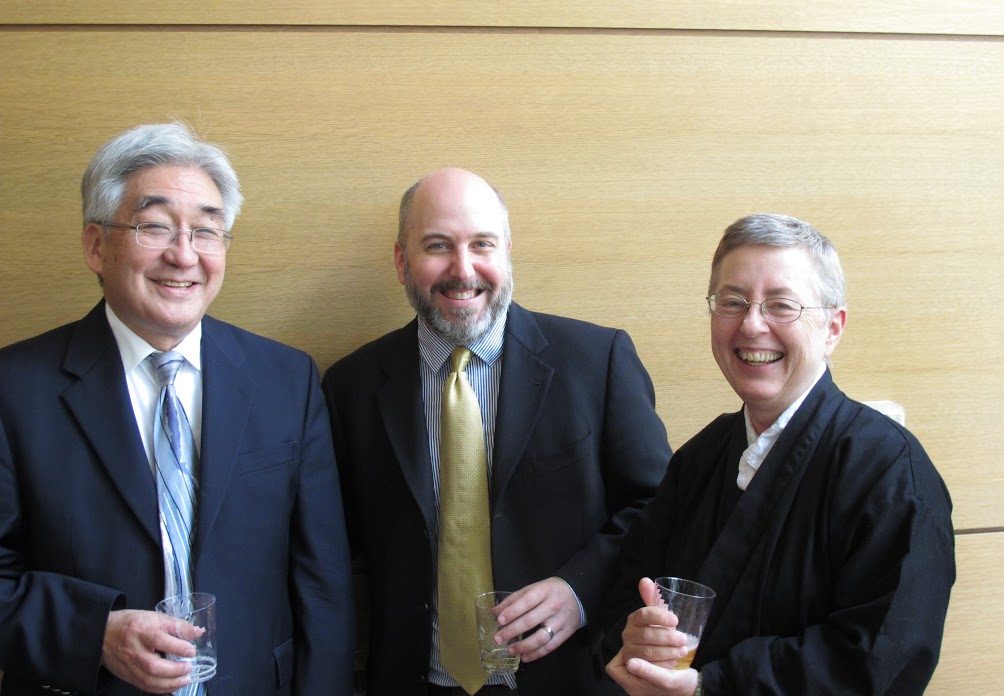 The Public Theologies of Technology and Presence program gathers and funds a cohort of leading scholars of religion, theologians, and journalists for their work addressing a pressing concern of contemporary life: The ways in which technologies reshape human relationships and alter how people are or are not “present” with each other. The three-year program launched in 2018 and is supported by the Henry Luce Foundation.
The Public Theologies of Technology and Presence program gathers and funds a cohort of leading scholars of religion, theologians, and journalists for their work addressing a pressing concern of contemporary life: The ways in which technologies reshape human relationships and alter how people are or are not “present” with each other. The three-year program launched in 2018 and is supported by the Henry Luce Foundation.
Over recent decades and continuing at warp speed, new technologies are radically reshaping human relationships. These shifts have profound implications both for individuals and for the webs of relationships in which they participate. Scholars of religion and theologians, from across the traditions, are ideally situated to address this issue of great public concern. Public Theologies of Technology and Presence supports this work through an ambitious agenda of research projects, conferences, popular and scholarly publishing, active engagements with Silicon Valley technologists, the development of models for integrating the subject into university and theological institution curricula, the publication of a digital forum, white papers, and public talks.
The grantees’ research and publication projects draw on the study and practice of many different religions—Buddhism, Catholicism, Judaism, Hinduism, and Africana religions, among others—to address cutting-edge technologies such as cryptocurrency, artificial intelligence, human augmentation, surveillance technologies, video games, and social media. The projects offer new and exciting insights into technologies’ impacts on human relationships, including on friendships, introspective abilities, sexual relationships, moral attentions, and capacities for relational authenticity.
Address inquiries to Program Director Dr. Steven Barrie-Anthony: stevenba@shin-ibs.edu, (510) 500-9722.
